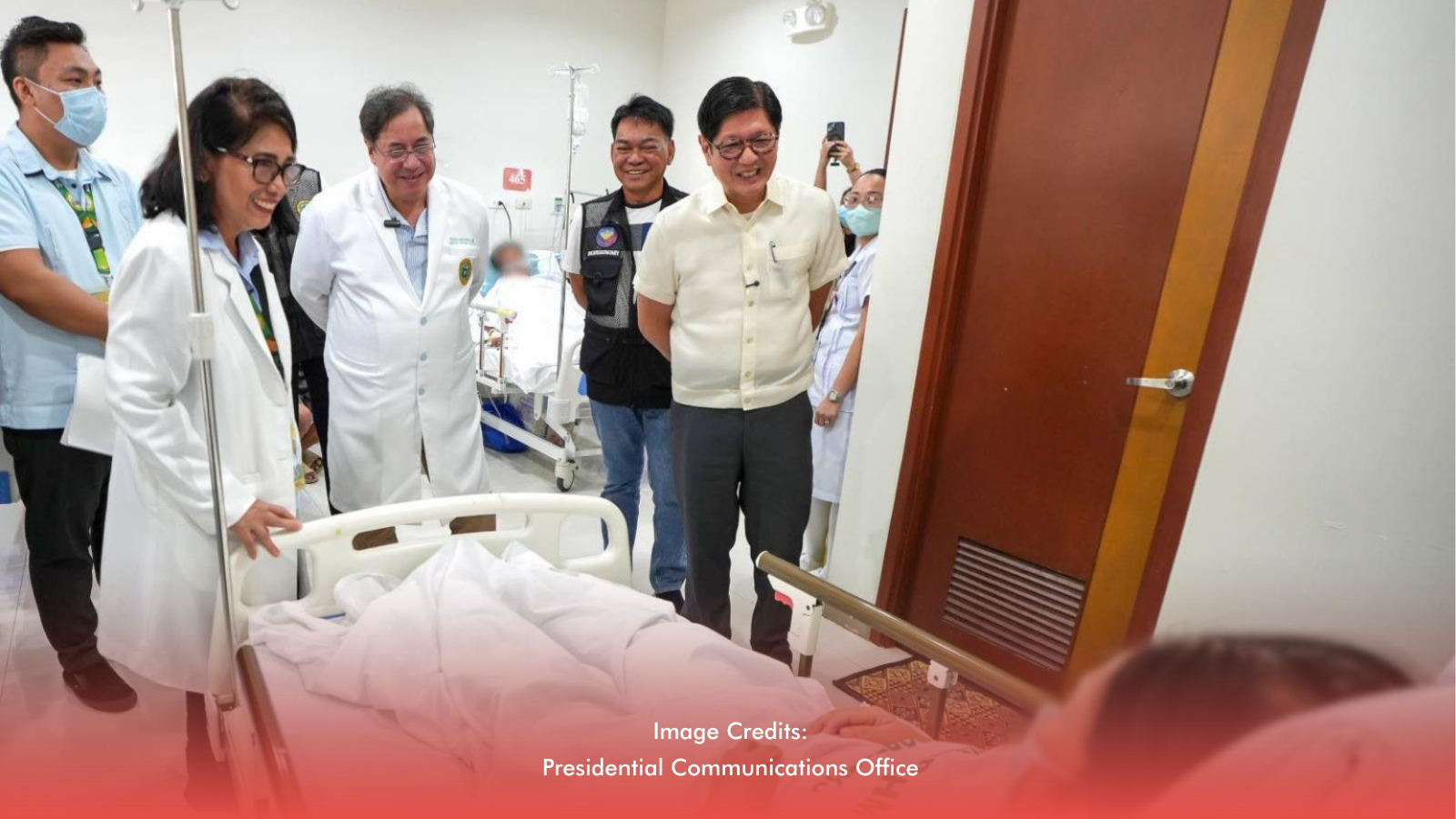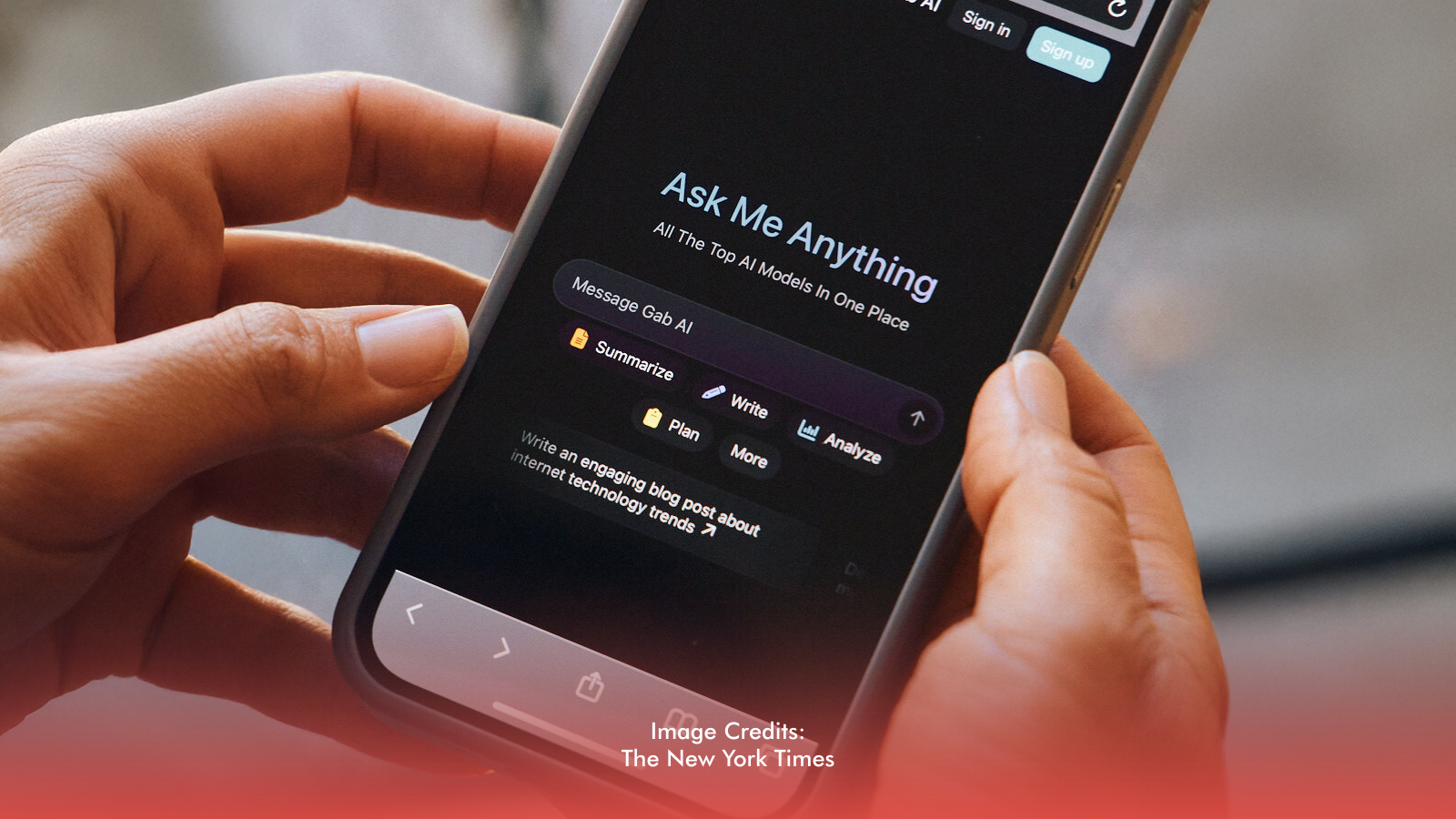President Ferdinand Marcos Jr. declared that the Philippines is now 80 percent closer to realizing universal health care for all citizens, highlighting recent progress in expanding access to affordable and quality medical services.
During an inspection at the Bataan General Hospital and Medical Center in Balanga, Bataan, Marcos reviewed the rollout of the government’s Zero Balance Billing (ZBB) program, which ensures patients are discharged without paying out of pocket. He underscored the program’s role in moving the country toward its health care goals.
RELATED: [Zero Billing Now In Place At All 87 DOH Hospitals]
Zero Balance Billing Expands Nationwide
“I’m very happy that we are instituting this program. I think it’s been a long time coming. We are very close to achieving universal health care. We are 80 percent of the way. Just a little more and we will achieve universal health care,” Marcos told reporters after his hospital visit.
The chief executive noted that ZBB is currently being applied in 78 state-run hospitals, already benefiting thousands of patients. In Bataan alone, nearly 3,000 individuals at the Bataan General Hospital and Medical Center have availed of the policy, which removes the burden of hospital bills upon discharge.
He praised the hospital for improving patient experience by bringing billing documents directly to bedsides, eliminating the need for families to line up at the cashier before release.
“When the patient is about to be discharged, zero billing is delivered to them, another added convenience which I think we should adopt all around the country,” Marcos said. “I’m very glad that we’re able to do this. It’s really a big deal. Many people are going to the hospital now,” he added.
Skepticism Over Promises of Health Reform
Despite these developments, reactions online showed a mix of support and doubt. Netizens, meanwhile, are very skeptical about the president’s remarks, pointing out that universal health care has been a recurring promise of past administrations but remains unfinished.
Some Filipinos voiced concern that while programs like ZBB sound impressive, they worry about whether the benefits will truly reach all hospitals and patients nationwide.
Others raised questions on sustainability, saying that achieving universal coverage requires not just new systems but consistent funding and resources. For them, 80 percent progress still leaves a long way to go.
The administration has maintained that universal health care is a central goal, with Marcos reiterating that economic growth and proper implementation will be key to achieving it. However, with public expectations tempered by years of delayed reforms, skepticism remains strong, reflecting the broader challenge of turning ambitious health care policies into an everyday reality for ordinary Filipinos.
RELATED: [The Quiet Shake-Up In The DOH: What’s At Stake For Public Health Leadership?]








